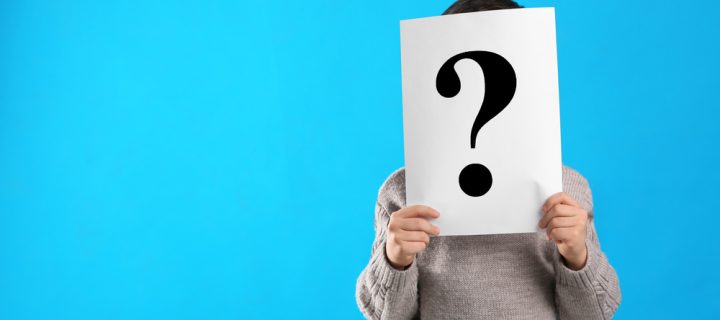The short answer is, yes. Here’s why.
In an interview conducted online, Dr. Moncef Slaoui, the Chief Scientific Adviser of Operation Warp Speed, indicated that people who have already had COVID-19, such as president Trump, should get the COVID-19 vaccine anyways. Why? It’s rather simple.
Slaoui states that getting vaccinated will provide you with even better immunity to COVID-19 than simply catching the virus naturally and fighting it off. Of course, since COVID-19 is a relatively new illness, this is up for some debate. More research is needed to know exactly how viruses like this one operate. But getting vaccinated seems like the best way to go.
According to Slaoui, when you are infected with the virus, the immune response you generate will weaken as time goes by. The same could happen with a COVID-19 vaccine. Experts are saying that a vaccine will produce a higher immune response in your body, for a longer period of time, however. And who doesn’t want more protection?
How COVID-19 Immunity Works
How long does COVID-19 immunity last? Experts are saying that natural immunity to the disease is estimated to span several months. Beyond that, it’s a bit of a guessing game.
It is also known that some people’s immune systems generate a strong response to the virus when they catch it. Others, in contrast, do not. This can make some people susceptible to catching the virus twice, something which is rare to date but that has happened.
When you catch the novel coronavirus, your body activates its T cells and produces antibodies to fight it off. Some people have been found to produce both of these changes when infected with COVID-19. Others only have one or the other, researchers have found. Why this happens isn’t known.
Related: Why You Should Wear a Mask Even If You’ve Had COVID-19
And some people go on to develop what is known as long-covid, which you really don’t want. This happens when a person continues to have COVID-19 symptoms long after fighting off the virus and testing negative for it.
Thankfully, the vaccines approved to date have proven to be effective at protecting people against COVID-19 when tested in tens of thousands of people. There might be a glitch somewhere, but the future looks good. The vaccines will surely offer most of us a good deal of protection against the virus.
If You ARE Sick, Wait Until You’re Not
What if you have COVID-19 right now, but you wish to be vaccinated right now, as well? According to the CDC, experts advise that you wait. Stay in isolation until you are better, and then get the vaccine. In fact, you could possibly delay getting the vaccine for up to 90 days after initially becoming infected, the CDC states. You could have antibodies from your infection to protect you for that long. This will offer you natural immunity. You should get the vaccine eventually, however, as stated above.
Experts say you can consider yourself cured from COVID-19 if at least 10 days have passed since the first onset of your symptoms, and if all other symptoms have improved. At least 24 hours need to have passed since your fever has resolved (if you had one). This needs to happen without using medication to bring your fever down.
The low-down is, yes, you should get the vaccine even if you have had COVID-19 and you have recovered. Just make sure you do it when you are in good health in order to illicit the proper response from your immune system. Once you do, continue to wear a mask and practice social distancing in order to keep others safe.
photo credits: New Africa/Shutterstock.com












